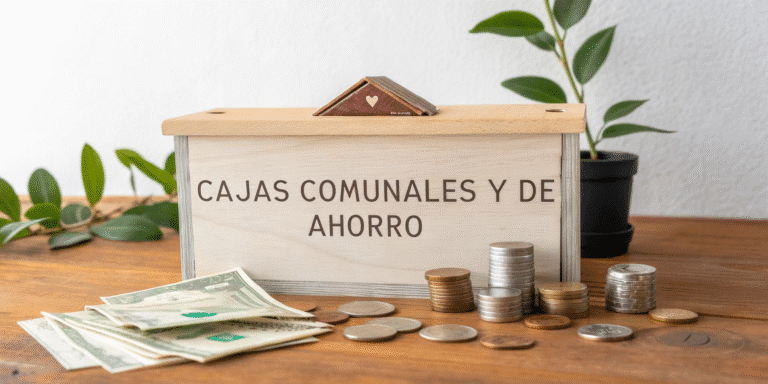Quevedo & Ponce - Noticias Legales
Dissolution, Liquidation, and Cancellation of Commercial Companies in Ecuador
- February 26th, 2025
- Quevedo & Ponce
When a company ceases operations, generates no income, or becomes unprofitable, the most prudent course of action is to close it as soon as possible. This helps to avoid the accumulation of fiscal and administrative obligations with entities such as the Superintendency of Companies, Securities, and Insurance (SCVS) and the Internal Revenue Service (SRI), as well as reducing unnecessary expenses and minimizing the risk of fines or sanctions.
The closure may be necessary for various reasons, such as unsatisfactory results, conflicts among shareholders, lack of operations, or the personal decision to finish the project. The following are the options available perform out this procedure, each one suitable for different circumstances:
- Volontary and early dissolution: This procedure allows the shareholders to decide in advance to close the company. It involves the formal dissolution of the company, liquidation of assets and liabilities, and subsequent cancellation of registration.
- Expedited procedure for voluntary dissolution, liquidation, and cancellation request: If the company has no outstanding debts, this option offers a more agile process, allowing the dissolution, liquidation, and cancellation to be completed in a single administrative act.
- Expedited cancellation: In this case, if the company has no pending obligations and all shareholders agree, a fast and efficient cancellation can be conducted before the Commercial or Corporate Registry, as appropriate.
At Quevedo & Ponce, we offer comprehensive legal counsel for the dissolution, liquidation, and cancellation of companies. Our experts ensure an efficient process, in compliance with current regulations, tailored to meet the specific needs of each client.
Más Artículos
New Rules for Communal and Savings Funds: A Framework of Control and Transparency
The Superintendence of Popular and Solidarity Economy (SEPS) has established new rules for the incorporation, governance, and liquidation of communal and savings funds, effective as of November 20, 2025. This regulatory framework strengthens the transparency, monitoring, and financial security, ensuring that these community-based entities can manage resources, grant loans, and contribute to the development of the popular and solidarity economy.
Nuevas Reglas para Cajas Comunales y de Ahorro: Un Marco de Control y Transparencia
La Superintendencia de Economía Popular y Solidaria (SEPS) ha establecido nuevas reglas para la constitución, gobierno y liquidación de cajas comunales y de ahorro, vigentes a partir del 20 de noviembre de 2025. Este marco normativo fortalece la transparencia, la supervisión y la seguridad financiera, asegurando que estas entidades comunitarias puedan gestionar recursos, otorgar créditos y contribuir al desarrollo de la economía popular y solidaria.
Relationship between Customs (SENAE) and Intellectual Property (SENADI) in Ecuador
Customs and the National Service for Intellectual Rights work together to protect legitimate trade and prevent counterfeiting, smuggling, and piracy. Through the Customs Intellectual Property Registry, trademark, patent, and copyright holders can register their creations to strengthen protection at the border.
Relación entre la Aduana (SENAE) y la Propiedad Intelectual (SENADI) en Ecuador
La Aduana y el Servicio Nacional de Derechos Intelectuales trabajan juntos para proteger el comercio legítimo y prevenir la falsificación, el contrabando y la piratería. A través del Registro Aduanero de Propiedad Intelectual, los titulares de marcas, patentes y derechos de autor pueden inscribir sus creaciones para fortalecer su protección en frontera.
New Law Against Unfair Competition in Ecuador: Key Points and Scope
The new Organic Law on the Regulation Against Unfair Competition aims to ensure a fairer and more transparent Ecuadorian market by sanctioning unfair practices such as deceptive acts, unlawful imitation, unfair comparisons, and the misappropriation of trade secrets.





